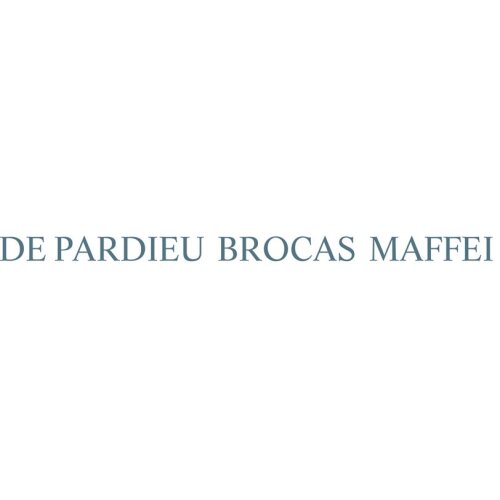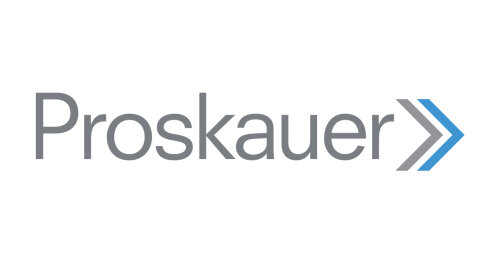Best Conveyancing Lawyers in France
Share your needs with us, get contacted by law firms.
Free. Takes 2 min.
Free Guide to Hiring a Real Estate Lawyer
Or refine your search by selecting a city:
List of the best lawyers in France
About Conveyancing Law in France
Conveyancing in France refers to the legal process of transferring the ownership of real estate from a seller to a buyer. The process is highly regulated, involving several administrative steps and legal checks to ensure that property rights are correctly transferred according to French law. The role of a notaire - a public official who specializes in property law - is central to the process, ensuring legality and security for both parties. From signing the initial contract to final registration, French conveyancing law prioritizes accuracy, buyer protection, and detailed record-keeping.
Why You May Need a Lawyer
While a notaire must be involved in all property sales in France and acts as a neutral party, there are many situations where having your own lawyer specializing in conveyancing can be beneficial. Common scenarios include:
- Non-residents or foreign buyers navigating unfamiliar legal systems.
- Complex inheritance or divorce situations affecting property ownership.
- Disputes about property boundaries, planning permissions, or existing tenancies.
- Ensuring contracts and documentation are correctly translated and understood.
- Negotiating additional terms or conditions beyond standard notarial contracts.
- Addressing concerns about potential hidden defects or legal restrictions.
A lawyer can provide independent legal advice, represent your interests, and help minimize risks during the transaction.
Local Laws Overview
French conveyancing law is unique in several ways:
- The notaire is mandatory and ensures all legal and financial obligations are met, including registration and tax collection.
- The process typically begins with a compromis de vente (preliminary sales agreement) that is legally binding after a short cooling-off period for the buyer.
- A ten-day cooling-off period is provided to protect buyers, especially private individuals.
- All property debts, mortgages, or rights attached to the property must be declared and resolved before completion.
- Mandatory searches and checks, including town planning rules, rights of way, and potential environmental issues, are handled by the notaire.
- The buyer usually pays most transaction costs, including notary fees and registration taxes (known as "notaire's fees"), typically around 7-8 percent of the purchase price.
- The transfer is only complete once the final deed (acte de vente) is signed and registered by the notaire.
Foreign buyers should pay special attention to currency, financing, and inheritance rules, which can differ significantly from those in other countries.
Frequently Asked Questions
What is the role of the notaire in French conveyancing?
The notaire ensures that the transfer of property is legal, manages all necessary paperwork, collects taxes, and registers the transaction with land authorities. Unlike a lawyer, the notaire acts neutrally rather than representing one party.
Can I use my own lawyer during the process?
Yes, you have the right to hire your own lawyer to represent your interests, in addition to the notaire. This can be especially helpful for non-French speakers or in more complex transactions.
How long does the entire conveyancing process take in France?
The average property purchase in France takes two to three months from the signature of the initial contract to completion, but this can vary depending on property type and transaction complexity.
What costs should I expect to pay as a buyer?
Buyers typically pay notaire fees, registration taxes, and potentially agency fees. Overall, these costs represent about 7-8 percent of the property's sale price for older properties.
Do I need to be present in France to complete the purchase?
No, it is possible to grant power of attorney to your lawyer or notaire to sign documents on your behalf if you cannot be physically present.
Are there any restrictions on foreign buyers purchasing French property?
France generally has no restrictions on foreign buyers, but certain properties (especially near borders or of historical interest) may require additional permissions.
What if the property has hidden defects after purchase?
The seller is legally obliged to declare any known hidden defects. If not disclosed, the buyer can seek legal remedies and may be entitled to compensation or cancellation of the sale.
Can I withdraw after signing the initial sales agreement?
Buyers have a mandatory ten-day cooling-off period after signing the preliminary agreement, during which they can withdraw without penalty. Sellers do not benefit from this right.
How is property ownership registered in France?
After completion, the notaire registers the new ownership with the French Land Registry, ensuring public record of the transfer and protecting the buyer’s title.
What happens if one of the parties dies before completion?
If the buyer or seller dies before signing the final deed, the transaction can become more complicated, potentially involving heirs or resulting in contract cancellation. Professional legal advice is essential in such cases.
Additional Resources
If you need further information or assistance about Conveyancing in France, these resources can help:
- Chambre des Notaires de France: The official national body for notaires in France, providing guides and notaire directories.
- Service-public.fr: The official French government website offering comprehensive information on property law and buying or selling real estate.
- French Bar Association (Conseil National des Barreaux): For locating English-speaking lawyers or legal professionals specializing in French property law.
- Local town halls (mairies): For information on planning permissions, municipal taxes, or local property regulations.
- Property Ombudsman Services: For help with disputes between buyers, sellers, and professionals.
Next Steps
If you are considering buying or selling property in France and require legal assistance, here is how to proceed:
- Identify your specific needs: Are you concerned about legal documents, inheritance, translations, or contractual negotiations?
- Research and select a qualified lawyer and/or notaire specializing in French real estate transactions. Look for professionals with experience in assisting non-residents if applicable.
- Contact your chosen professional as early as possible in the process to ensure you are fully informed before signing any agreement.
- Gather all relevant documents regarding your current property ownership, finances, and identification to facilitate a smooth transaction.
- Keep communication open with your legal representative, asking questions whenever you are unsure about any aspect of the process.
- If you encounter disputes or complexities, rely on legal advice before making decisions or commitments.
Taking early, informed steps ensures your interests are protected and your property transaction progresses smoothly under French law.
Lawzana helps you find the best lawyers and law firms in France through a curated and pre-screened list of qualified legal professionals. Our platform offers rankings and detailed profiles of attorneys and law firms, allowing you to compare based on practice areas, including Conveyancing, experience, and client feedback.
Each profile includes a description of the firm's areas of practice, client reviews, team members and partners, year of establishment, spoken languages, office locations, contact information, social media presence, and any published articles or resources. Most firms on our platform speak English and are experienced in both local and international legal matters.
Get a quote from top-rated law firms in France — quickly, securely, and without unnecessary hassle.
Disclaimer:
The information provided on this page is for general informational purposes only and does not constitute legal advice. While we strive to ensure the accuracy and relevance of the content, legal information may change over time, and interpretations of the law can vary. You should always consult with a qualified legal professional for advice specific to your situation.
We disclaim all liability for actions taken or not taken based on the content of this page. If you believe any information is incorrect or outdated, please contact us, and we will review and update it where appropriate.
Browse conveyancing law firms by city in France
Refine your search by selecting a city.
















